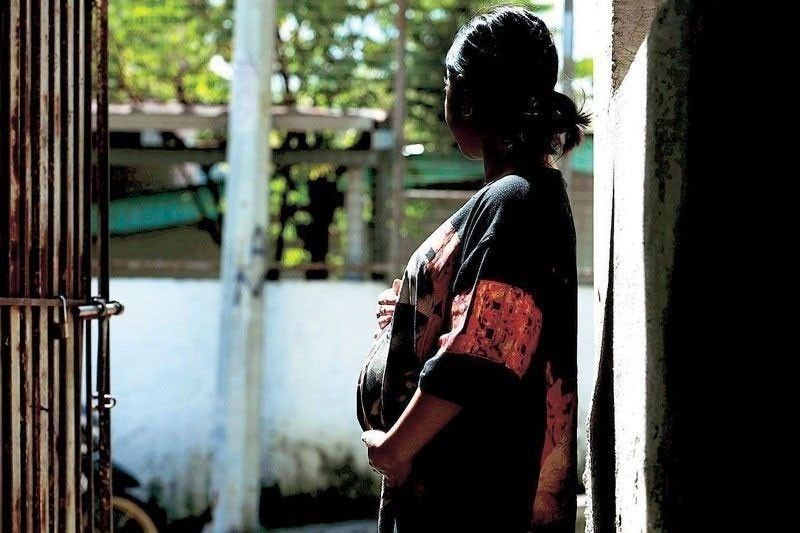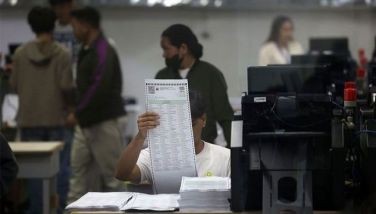DOH cool to anti-teen pregnancy bill

MANILA, Philippines — While expressing concern over the increasing trend of teenage pregnancy in the country, the Department of Health (DOH) is not keen on supporting the controversial Senate Bill No. 1979, or the proposed Prevention of Adolescent Pregnancy Act of 2025.
Health Secretary Ted Herbosa said it is not necessary to come out with a new law to address the problem of teenage pregnancy because there is already an existing one.
Herbosa noted that sex education is part of the Responsible Parenthood and Reproductive Health Act, orthe as RH Law that also provides for universal access to methods of contraception.
“(Sex education) is already there so we just need to implement RH Law correctly,” Herbosa said in a radio interview yesterday.
“As a doctor, I don’t think we need to legislate everything. The important thing is to educate people where they would seek professional help and that they be given the right advice,” he added.
Herbosa admitted that the incidence of teenage pregnancy and unplanned pregnancy among those below 18 years is high.
The real problem, he said, is unplanned pregnancy, which could lead to a high incidence of mortality and thus, must be properly addressed.
He said the maternal mortality rate in the country rose again after the pandemic, from 124 deaths per 100,000 pregnancies 10 years ago, to the current 154 deaths per 100,000 pregnancies.
Listen to children
Meanwhile, young advocates for children’s rights are calling on the public to be united in protecting the younger population through comprehensive sexuality education (CSE).
During a child rights conference, Shantel, 17, said that if children are equipped with the correct resources for knowledge and are not left to browse information about sexuality on social media, it could foster a culture of respect, consent and accountability among peers.
“Don’t (these adults know) that if children are educated about sex at home and in school, we will delay sexual activity because we already know the consequences of early pregnancy?” the teenager was quoted as saying in a press release by the Child Rights Network, an alliance of non-government organizations and government agencies pushing for child rights legislation in the Philippines.
Meanwhile, other participants, some as young as 14 years old, stressed that teenage pregnancies and cases of child abuse and exploitation would persist if the public would not agree on the merits of sex education.
Amihan Abueva, regional executive director of Child Rights Coalition Asia, said listening to children amid persisting debates on CSE could be productive.
“Children themselves believe that if they understand their rights and responsibilities, children can actually protect themselves from harm and have better futures. So let’s not pretend to listen but really listen to what they have to say,” she said.
Abueva added that children believe in the importance of having their families help them make informed decisions.
“That’s why parents and caregivers must be trained to teach and handle conversations about sex and about their rights because it is essential to fostering a society where children can thrive without fear or misinformation,” she noted.
CSE is among the provisions in Sen. Risa Hontiveros’ proposed legislation. Hontiveros filed a substitute bill last week to address issues raised by President Marcos on the original version of the sex education bill.
- Latest
- Trending
































